FREE Shipping on Orders over $89 with Account – Create One Today!
- (844)-859-9400
- Get Help
Showing 1–16 of 114 results
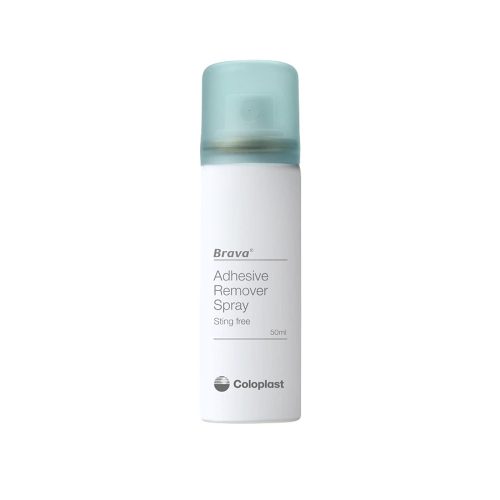
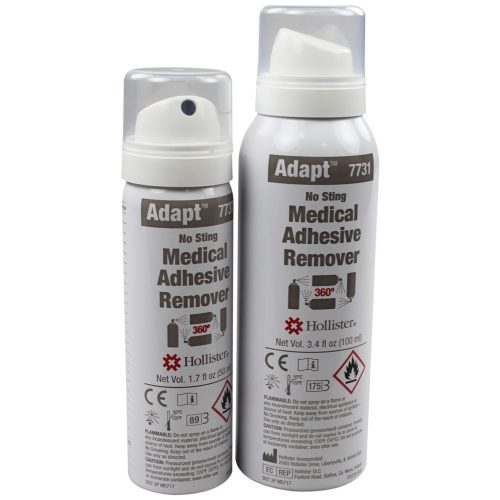
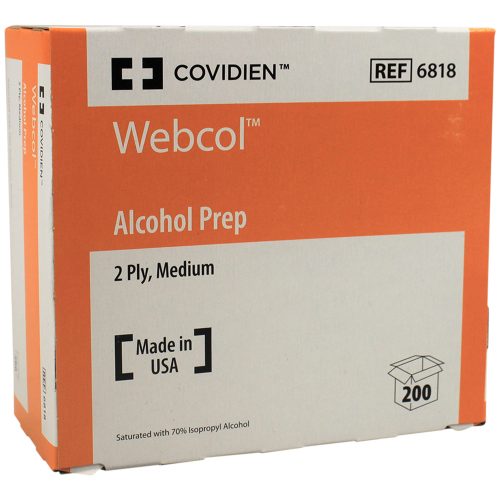
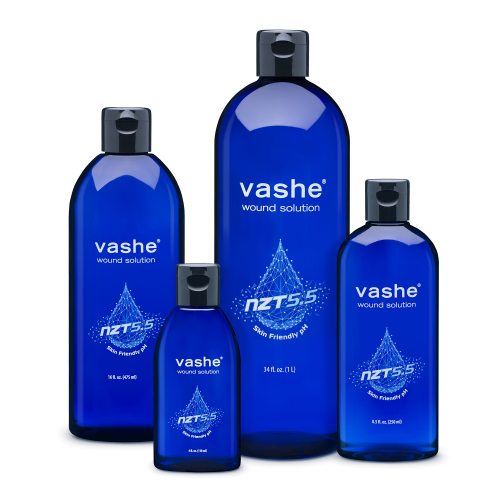
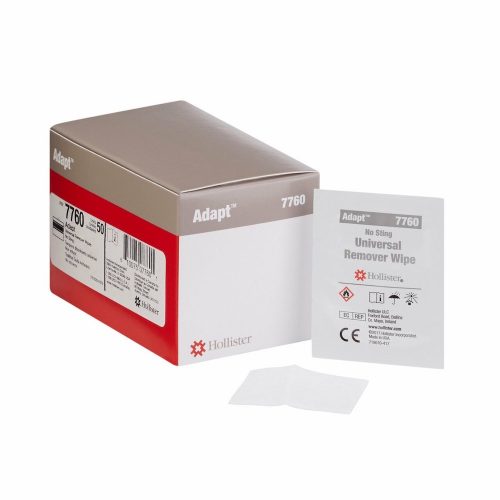
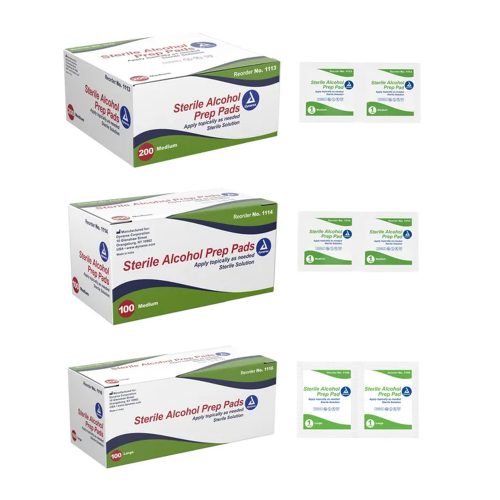
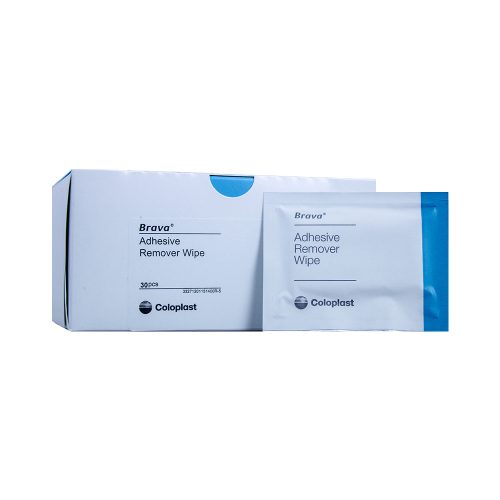
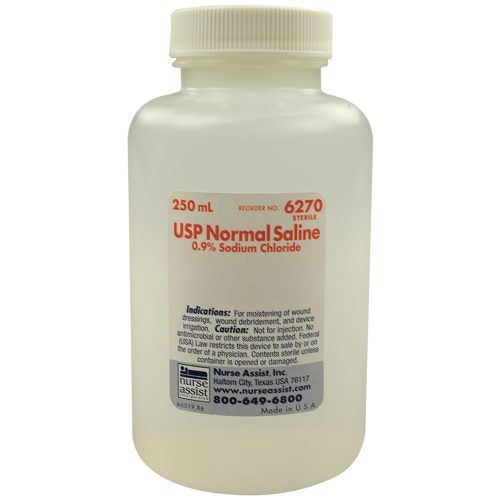
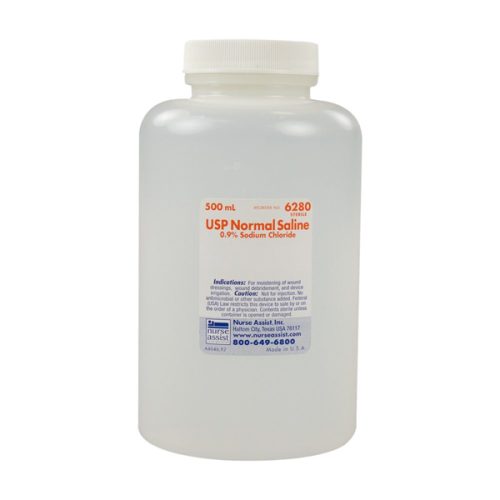
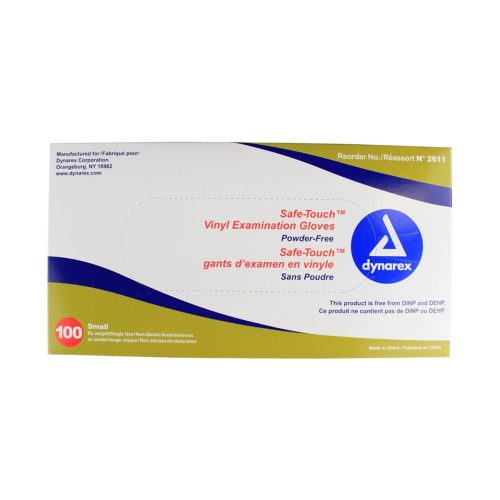
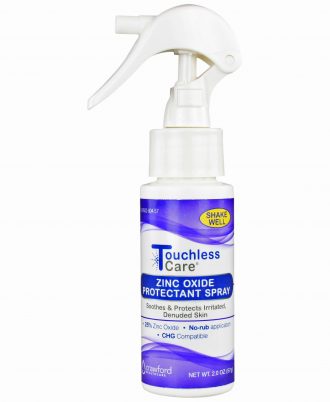
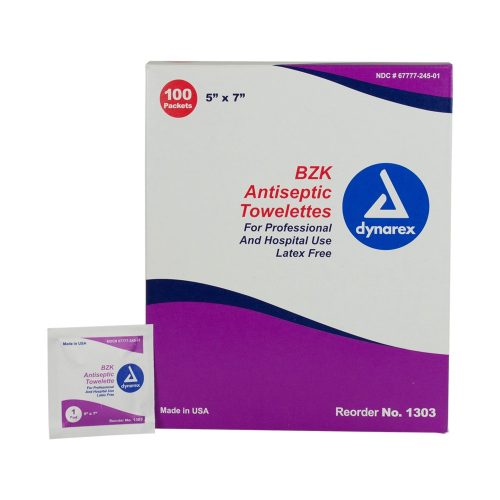
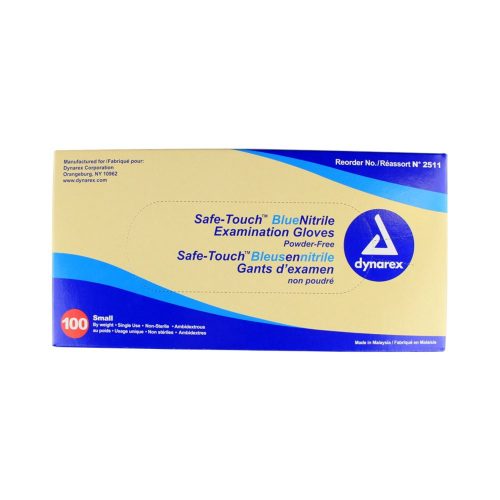
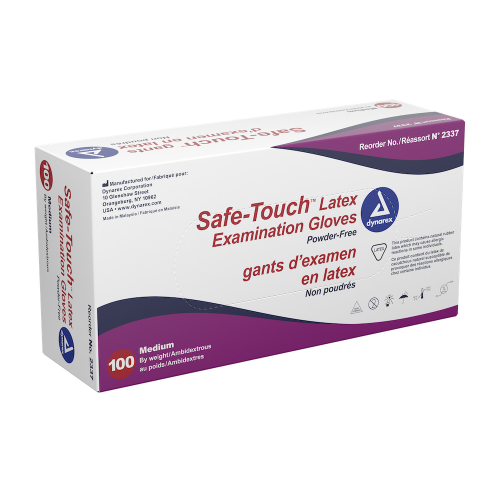
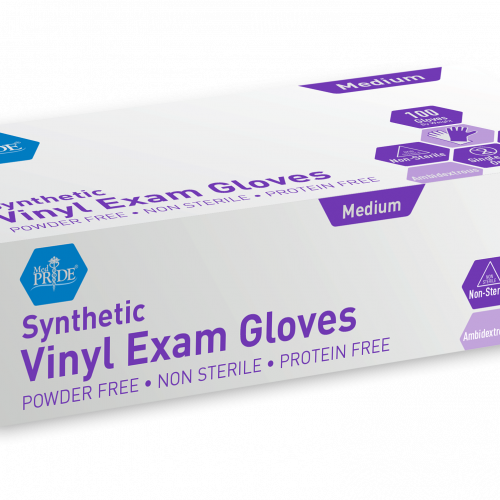
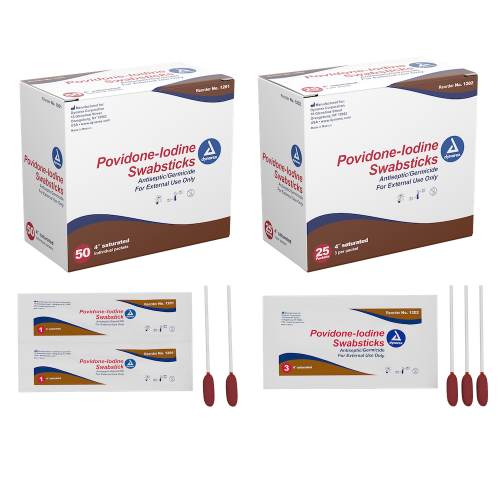
Without proper care, untreated wounds can result in festering or infection, or leave a scar in place. Proper wound care can facilitate effective, efficient recovery and prolong healing, and it involves both application and removal. Factoring in the healing process, wound care not only takes into account the nature of the injury but also these possibilities.
In turn, wound care preparation products help with moving the healing process along, prevent bacteria and outside contaminants from irritating the area further and assist with effectively removing bandages from the injury.
With most wounds:
Before treating the wound, be sure to put on a pair of gloves and have all dressings and bandages ready for use.
Air drying a wound may result in a crust forming on the skin and possibly a scar, as new tissue is less likely to form in the area.
Falling in line with the general wound care process, preparation products include:
Possibly an isotonic saline solution that’s close to the skin’s pH level, wound cleansers not only remove physical debris but also bacteria and microorganisms, disinfecting the skin and creating the foundation for an optimal healing environment. Cleansers include irrigates, which are applied directly to the wound; antiseptic solutions, which are ideal for the edge and surrounding tissue; antimicrobial solutions; surfactants and moisturizing products. Shop all wound cleansers. Many wound cleansers eliminate biofilms, which can slow down healing. Be sure that your wound cleanser also supports a normal wound-healing pH.
Ointments help keep the wound area moist and soft, in turn reducing potential scarring and preventing the skin from scabbing, and encourage an ideal healing environment. Depending upon the injury, ointments include antibiotic and anesthetic solutions that work to reduce infection. Following an ointment’s application, a sterile dressing should be secured over the wound. Shop all wound ointments.
In medical settings but also to monitor the tissue’s healing progress from home, wound measurement tools assist with assessing the length, width and depth. Recorded figures indicate how effectively the skin is repairing itself.
A sterile environment will help remove the risk of infection. Using the right supplies to promote a sterile environment is key. Use both gloves and cotton-tipped applicators to shield wounds from contaminants on the hand.